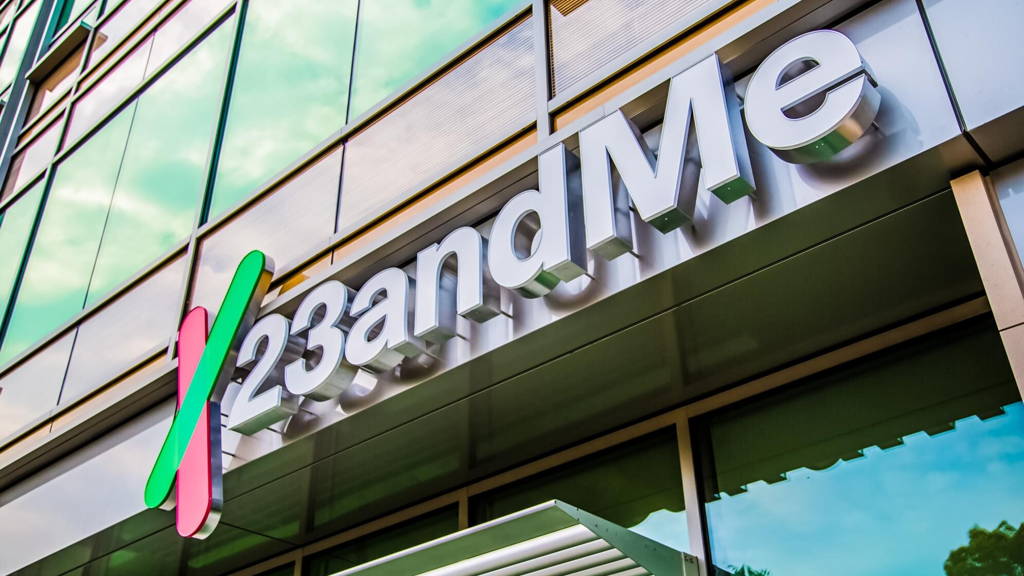Last August, Daniel Kraft, faculty chair for Medicine and Neuroscience at Singularity University and a member of the ICT&health editorial Board, lauded 23andMe as the beginning of a movement to consumer-empowered genomics. Startups like this one, Kraft said, make it exponentially more common to send in a sample from home and obtain personal genomic information. Also, the company published a 450,000-customer study last summer, uncovering a major trove of genetic clues to the causes of depression.
For years, 23andMe has worked on developing a cutting-edge technology that could dramatically expand what its customers might learn about their DNA. While the company’s core product, a $199 “spit kit,” can tell you about your health and ancestry based on small bits of your genetic code, tests based on the newer technology could provide much more comprehensive information, including potential risks for many diseases.
At the same time, other companies are starting to sell next-generation sequencing-based tests to the public, and the FDA considers it to be the next chapter in genetic testing. Newer players like Veritas Genetics now offer $999 whole-genome sequencing and targeted genetic cancer risk testing. BuzzFeed got CEO and cofounder Anne Wojcicki to confirm the changes. She emphasized however, that the company didn’t make the cuts because its finances are suffering, customer demand is slowing, or the FDA was objecting to the plan to adopt the technology.
So, just as Theranos founder and CEO Elizabeth Holmes says startup will now focus on developing what it says is its next-generation miniLab testing device, her 23andMe counterpart Wojcicki states more focus is needed, and she is unsure if next-generation sequencing would bring in lots of customers. “We spent a lot of time pursuing sequencing, and I think as we started to understand it better and better and understand the complexities, we decided to focus on our core business. Companies often fail for taking on too many initiatives. We are focused on doing what we are unique at extraordinarily well.”
For years, 23andMe has worked on developing a cutting-edge technology that could dramatically expand what its customers might learn about their DNA. While the company’s core product, a $199 “spit kit,” can tell you about your health and ancestry based on small bits of your genetic code, tests based on the newer technology could provide much more comprehensive information, including potential risks for many diseases.
No next gen sequencing
Now it seems, writes BuzzFeed, 23andMe has given up on this next-generation sequencing technology – at least for now. As early as August this year, 23andMe let go of its team of a half-dozen scientists who were working on next-generation sequencing in a lab in Salt Lake City, Utah. Chief medical officer Jill Hagenkord, overseeing that work, was let go this month. And she’s not the only executive to recently depart 23andMe: Brad Kittredge, vice president of product, left in August, though for reasons unrelated to the project.At the same time, other companies are starting to sell next-generation sequencing-based tests to the public, and the FDA considers it to be the next chapter in genetic testing. Newer players like Veritas Genetics now offer $999 whole-genome sequencing and targeted genetic cancer risk testing. BuzzFeed got CEO and cofounder Anne Wojcicki to confirm the changes. She emphasized however, that the company didn’t make the cuts because its finances are suffering, customer demand is slowing, or the FDA was objecting to the plan to adopt the technology.
More focus
Wojcicki says the changes allow staff to focus on the current testing 23andMe offers (the 99 dollar Ancestry Service and the 199 dollar Health and Ancestry service). “Without a doubt, we have our hands full. This is a whole new area. One of the things people are still figuring out with next-generation sequencing is: exactly what does all that information mean?”So, just as Theranos founder and CEO Elizabeth Holmes says startup will now focus on developing what it says is its next-generation miniLab testing device, her 23andMe counterpart Wojcicki states more focus is needed, and she is unsure if next-generation sequencing would bring in lots of customers. “We spent a lot of time pursuing sequencing, and I think as we started to understand it better and better and understand the complexities, we decided to focus on our core business. Companies often fail for taking on too many initiatives. We are focused on doing what we are unique at extraordinarily well.”






